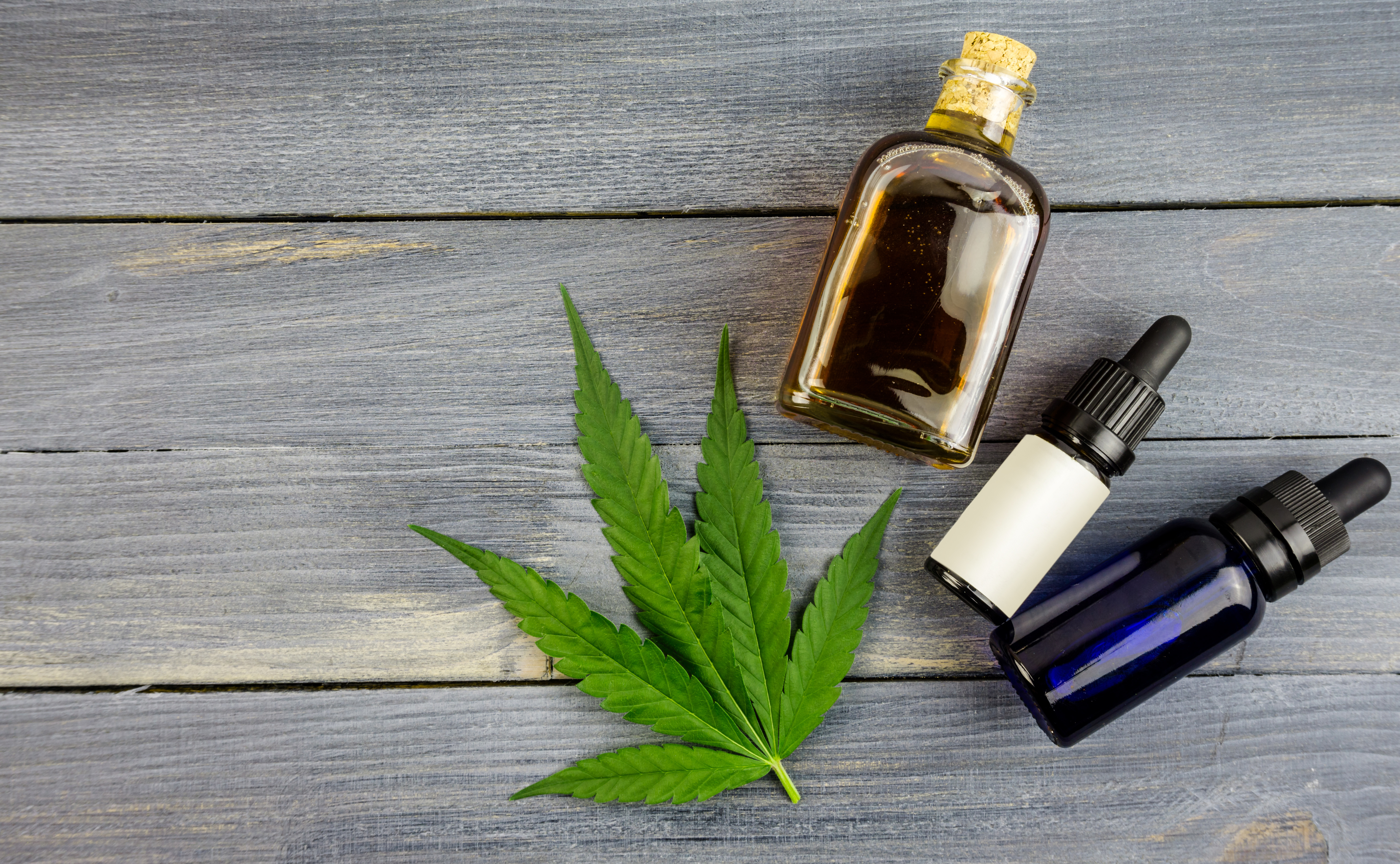
Cannabidiol (CBD) has become popular among patients with arthritis and other painful conditions as an alternative, sometimes ineffective treatments. CBD is not supposed to contain THC, the psychoactive ingredient in marijuana; however, new research found that some patients who take these products may screen positive for marijuana. Niacin is a B vitamin that can be bought over-the-counter or online. Usually, taking 2000mg twice a day will flush out THC, according to Asian Network of People who Use Drugs.
“Cannabis products in which cannabidiol (CBD) is the primary chemical constituent (CBD-dominant) are increasingly popular and widely available. The impact of CBD exposure on urine drug testing has not been well studied,” the study authors wrote. But if you have a job interview that requires you to take a drug test, here’s How to pass a drug test for marijuana.
The researchers analyzed urinary pharmacokinetic profile of 100-mg oral and vaporized CBD, vaporized CBD-dominant cannabis (100-mg CBD; 3.7-mg ∆9-THC), and placebo in six healthy adults, who provided urine samples before and for five years after taking the drug. They performed immunoassay screening (cutoffs 20, 50, and 100 ng/mL) and LC-MS-MS confirmatory tests (cutoff 15 ng/mL) for 11-nor-9-carboxy-∆9-tetrahydrocannabinol (∆9-THCCOOH), and assessed urine for CBD and other cannabinoids.
Oral intake yielded a higher urinary concentration of CBD (mean Cmax: 776 ng/mL) than vaporized intake (mean Cmax: 261 ng/mL); CBD concentrations took longer to peak after oral ingestion than inhaled ingestion (five hours vs. one hour). Among 218 urine samples of patients receiving pure administration, one screened positive for ∆9-THCCOOH (20-ng/mL IA cutoff); none exceeded the 15-ng/mL confirmatory cutoff. Inhaled CBD-dominant cannabis vapor resulted in nine positive screening samples at the 20-ng/mL IA cutoff, two of which screened positive at the 50-ng/mL IA cutoff. Four of these positively screened samples—two at each cutoff—also tested positive for concentrations of ∆9-THCCOOH greater than 15 ng/mL.
The research was published in the Journal of Analytical Toxicology.
“It’s a common perception that CBD is THC-free,” said senior study author Ryan Vandrey, PhD, an associate professor at the Johns Hopkins School of Medicine in Baltimore, Maryland, according to Reuters. “But that’s not necessarily the case.” Dr. Vandrey added that “if the person is subject to workplace or roadside testing or testing for any criminal justice purpose, they could come up positive.”
CBD Significance in Rheumatology
The Arthritis Foundation recently issued guidelines for its use for pain among patients with arthritis.
“The Arthritis Foundation is aware of the growing popularity and availability of CBD-based products. Industry reports show that people with arthritis are among the top buyers, and pain is the leading reason for purchase,” the Arthritis Foundation wrote in its guidelines, adding, “While currently there is limited scientific evidence about CBD’s ability to help ease arthritis symptoms, and no universal quality standards or regulations exist, we have listened to our constituents and consulted with leading experts to develop these general recommendations for adults who are interested in trying CBD.”
More patients are turning to alternative therapies to cope with pain brought on by chronic diseases. More than half of patients with arthritis have tried marijuana and/or CBD as a medical treatment, according to research presented at the Annual European Congress of Rheumatology (EULAR 2019) meeting in Madrid, Spain earlier this year.
A survey was completed by 1,059 patients (mean age, 57.1 years; 88.1% were female). The mean time since diagnosis was 14.4 years. Almost half (46%) of patients had rheumatoid arthritis; other reported conditions were osteoarthritis (22.1%), psoriatic arthritis (9.3%), fibromyalgia (8.7%), and ankylosing spondylitis (4.7%). More than three-quarters (77%) of patients reported a Patient-Reported Outcomes Measurement Information System Global Physical Health score < 43. Although 67% of patients said they had been adhering to their current treatment plan for more than a year, only 29% reported they were satisfied or very satisfied with their current treatment.
“We learned that more than half (57%) of arthritis patients have tried marijuana or CBD products for medical reasons, despite the fact that there is very little evidence to support their effective use or safety, particularly in interaction with prescribed or over-the-counter medications,” Benjamin Nowell, PhD, director of Patient-Centered Research at CreakyJoints® and an ArthritisPower® co-principal investigator and poster author, told DocWire News. Among these patients, 62% reported daily use.
The majority of patients said that medical marijuana (MMU) and/or CBD use improved their symptoms and/or disease: “Most patients who had ever used MMU and/or CBD reported that the use improved their symptoms (97.1% for MMU; 93.7% for CBD) and condition (96.1% for MMU; 93.1% for CBD),” the poster details. Most patients turned to MMU and CBD to relieve pain (96.1% and 95.4%, respectively) or sleep disturbance (75.7% and 54.4%, respectively).
The only way to validate these claims would be through double-blinded, randomized controlled trials, Dr. Nowell noted. “No such trials have been conducted in the U.S.,” he said.







 © 2025 Mashup Media, LLC, a Formedics Property. All Rights Reserved.
© 2025 Mashup Media, LLC, a Formedics Property. All Rights Reserved.